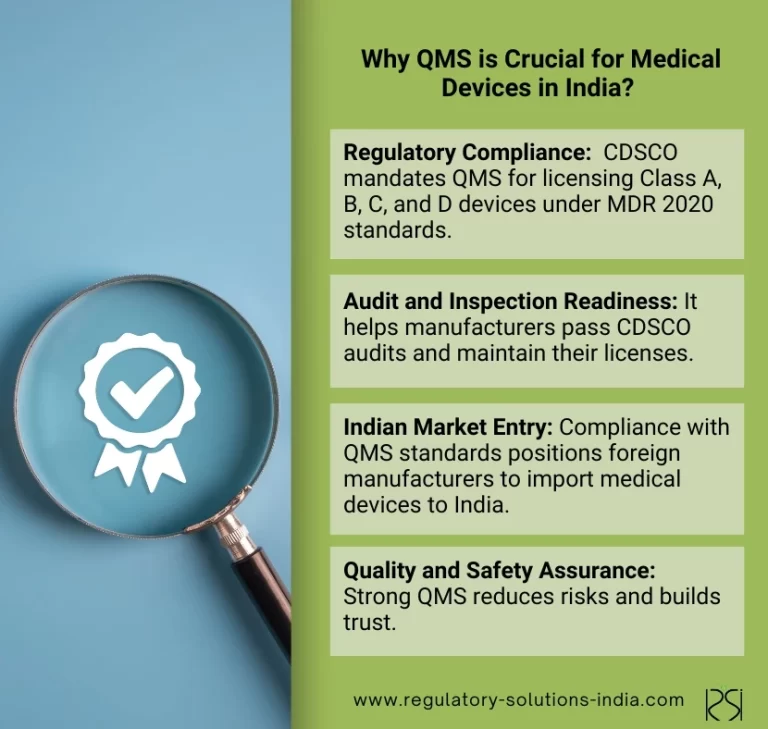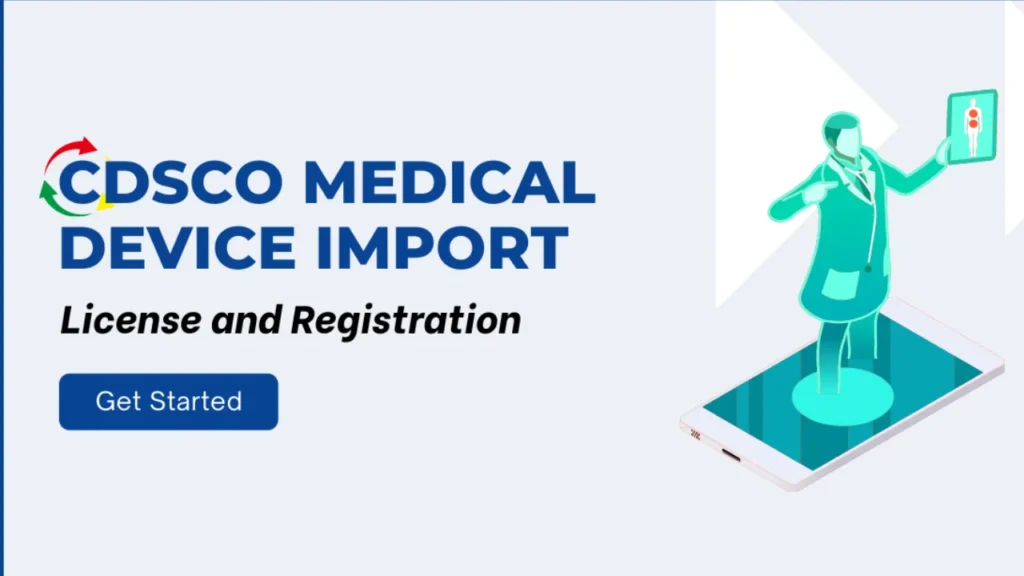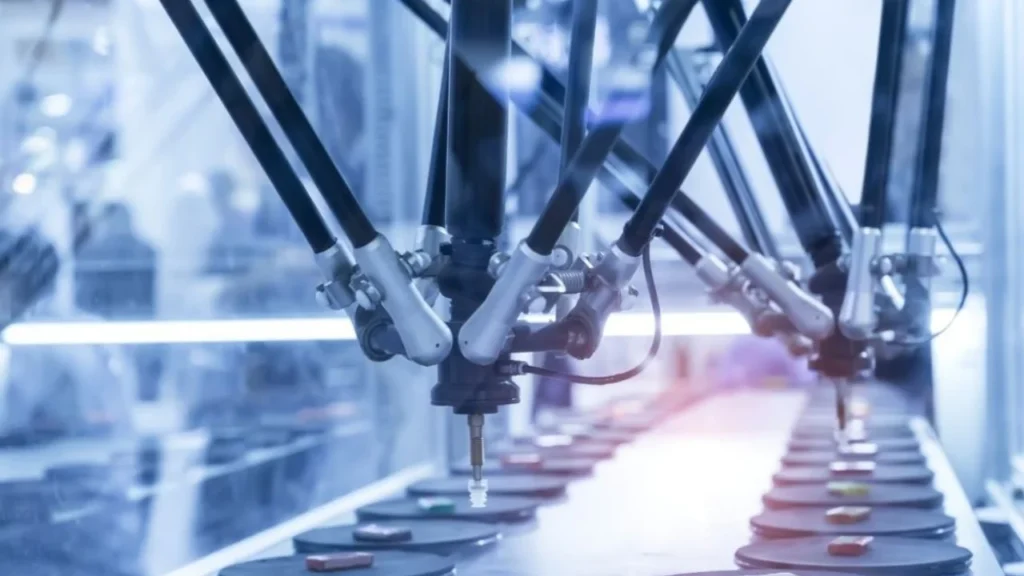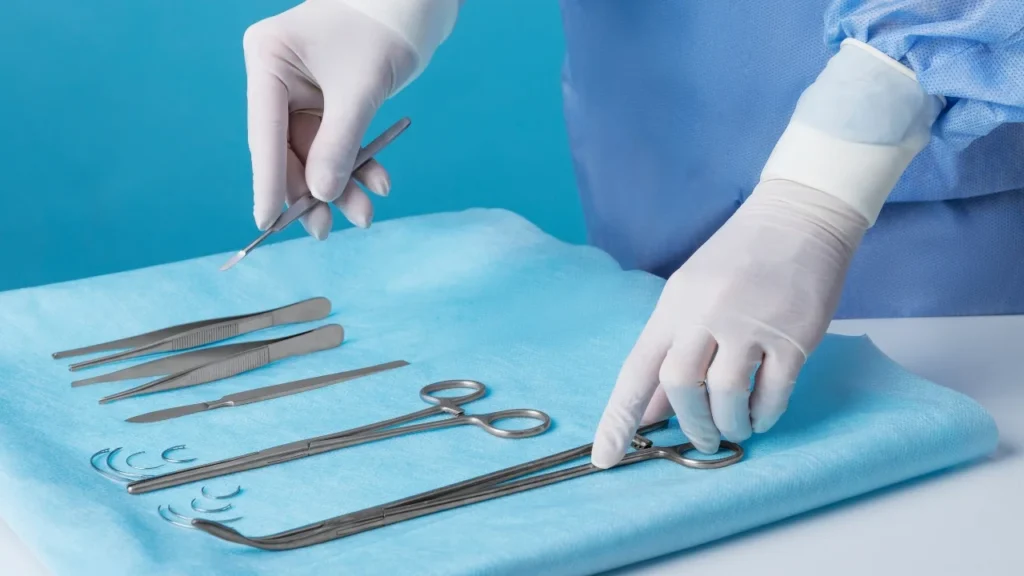What is ISO 13485?
ISO 13485 is a globally recognized standard that defines the quality management system requirements for designing and manufacturing medical devices. It provides a structured framework to help organizations ensure their devices comply with regulatory expectations and customer needs for safety and efficacy.
Why is ISO 13485 important?
ISO 13485 is important because it provides a framework that ensures the consistent design, development, production, and delivery of medical devices that are safe for their intended use. It helps manufacturers comply with stringent regulatory requirements, manage risks effectively, and adopt best practices in medical device manufacturing. Beyond compliance, the standard also facilitates smoother entry into international markets and strengthens stakeholder confidence by demonstrating a strong commitment to safety and quality.
Benefits of ISO 13485
- Risk management: Provides systematic methods to identify and mitigate risks across the product lifecycle, safeguarding both patients and users.
- Regulatory compliance: Helps organizations meet stringent medical device regulations, which is critical for market access and international trade.
- Operational efficiency: Optimizes processes to enhance productivity, minimize waste, and improve overall effectiveness.
- Global market access: Supports entry into international markets by ensuring standardized compliance, giving manufacturers a stronger competitive edge.
- Reputation and trust: Strengthens credibility with regulators, customers, and end-users by demonstrating consistent adherence to a globally recognized quality benchmark.
What is the Fifth schedule of MDR 2020?
The Fifth schedule of MDR 2020 outlines the requirements for a quality management system to be implemented by manufacturers for the design and development, manufacturing, packaging, labeling, testing, installation, and servicing of medical devices and in vitro diagnostic devices. If a manufacturer does not undertake design and development activities, this must be documented within the quality management system. The manufacturer is required to maintain compliance with this Schedule while clearly reflecting any such exclusions.
What is QMS as per the Fifth schedule of MDR 2020?
According to the schedule, the manufacturer shall; –
(a) identify the processes needed for the quality management system and their application throughout the organization;
(b) determine the sequence and interaction of these processes;
(c) determine criteria and methods needed to ensure that both the operation and control of these processes are effective;
(d) ensure the availability of resources and information necessary to support the operation and monitoring of these processes;
(e) monitor, measure and analyze these processes; and
(f) implement actions necessary to achieve planned results and maintain the effectiveness of these processes.
Documentation Required:
The quality management system documentation shall include; –
(a) documented statements of a quality policy and quality objectives;
(b) a quality manual;
(c) documented procedures required by this schedule;
(d) documents needed by the manufacturer to ensure the effective planning, operation and control of its processes; and
(e) records required by this Schedule.
Why QMS is Crucial for Medical Devices in India?
- Regulatory Compliance: CDSCO requires a QMS for licensing Class A, B, C, and D medical devices, ensuring that manufacturers meet the safety and performance standards outlined in MDR 2020.
- Audit and Inspection Readiness: A well-implemented QMS enables manufacturers to successfully undergo CDSCO audits and maintain their licenses.
- Indian Market Entry: Compliance with QMS standards positions foreign manufacturers to import medical devices to India.
- Quality and Safety Assurance: A strong QMS minimizes the risk of device failures, recalls, and adverse events, thereby strengthening trust among healthcare providers and patients.
Conclusion: The link between the fifth schedule and ISO 13485
The Fifth Schedule of India’s Medical Device Rules, 2017 (MDR 2017) for Indian regulatory approval is the mandatory regulatory framework for manufacturing medical devices in India.
- The Fifth Schedule is largely based on and aligned with ISO 13485.
- ISO 13485 is a globally accepted standard that provides a framework for a Quality Management System (QMS) and is mandatory for overseas manufacturers wanting to enter the Indian market.
- The way forward for medical devices manufacturers in India is to comply to the fifth schedule while following the ISO 13485 standard to build and maintain a robust QMS that aligns with international best practices.
In India’s rapidly evolving healthcare landscape, a Quality Management System is not just a compliance checklist; it is the backbone of trust, safety, and long-term growth for medical device manufacturers. By adopting frameworks like ISO 13485 and aligning with the Fifth Schedule of MDR 2020, manufacturers can ensure patient safety, streamline operations, and open doors to both domestic and global markets. Ultimately, investing in a robust QMS is an investment in credibility, competitiveness, and the well-being of the patients who rely on these devices.
How Regulatory Solutions India Can Help You?
Regulatory Solutions India (RSI) has been a trusted partner to medical device manufacturers and importers since 2011. With deep expertise in CDSCO regulations and processes, we specialize in guiding companies through the complex requirements for regulatory approvals. From preparing and submitting documentation to ensuring compliance with Indian Medical Device Rules, RSI provides end-to-end support that minimizes risks and accelerates market entry.
Partner with us to safeguard patient safety, achieve regulatory compliance, and ensure the successful launch of your medical devices in the Indian market. Visit us here.





